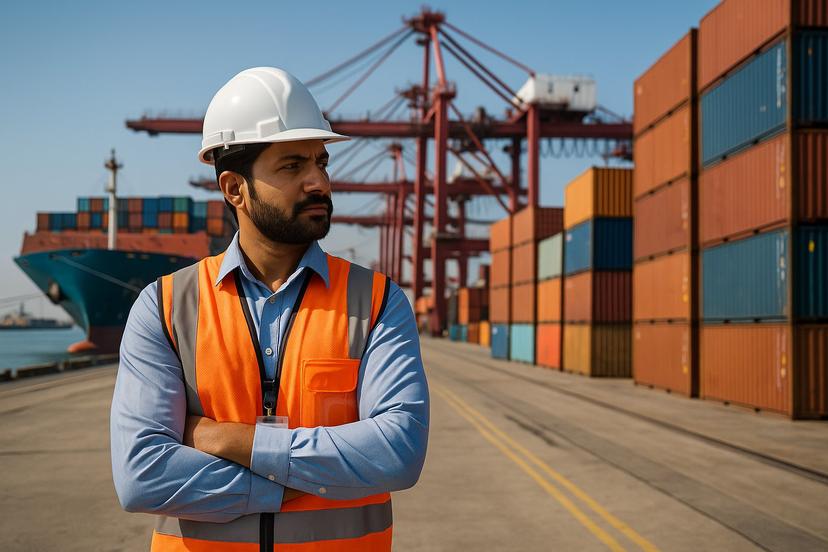
Book Ocean Freight Online in India (2025 Guide)
Learn how to book ocean freight online in India in 2025. Discover digital platforms, rate comparison tools, and quick booking via Cogoport.
Blockchain has the potential to significantly improve international trade by increasing efficiency, reducing costs, and improving security and transparency.

Blockchain is a digital ledger technology that allows secure and transparent record-keeping of transactions in a decentralized and distributed network. In a blockchain, transactions are verified and recorded in blocks, which are linked together in a chronological chain using cryptographic algorithms. Each block contains a unique digital signature, or hash, which makes it impossible to modify or delete past transactions without affecting the entire chain. This creates an immutable and tamper-proof record of all transactions in the network.
Blockchains can be public or private, permissionless or permissioned, and can be used for a variety of applications beyond cryptocurrencies, such as supply chain management, identity verification, and smart contracts.
Blockchain technology is based on a consensus mechanism, which allows for trust and agreement among participants in the network without the need for intermediaries. This makes it possible to achieve greater efficiency, security, and transparency in various industries and sectors.
Blockchain technology has the potential to revolutionize the international trade industry by improving efficiency, transparency, and security. Here are a few ways blockchain can impact international trade:
Overall, blockchain has the potential to significantly improve international trade by increasing efficiency, reducing costs, and improving security and transparency. However, there are also challenges to implementing blockchain in the industry, such as regulatory issues, technical complexities, and interoperability concerns.